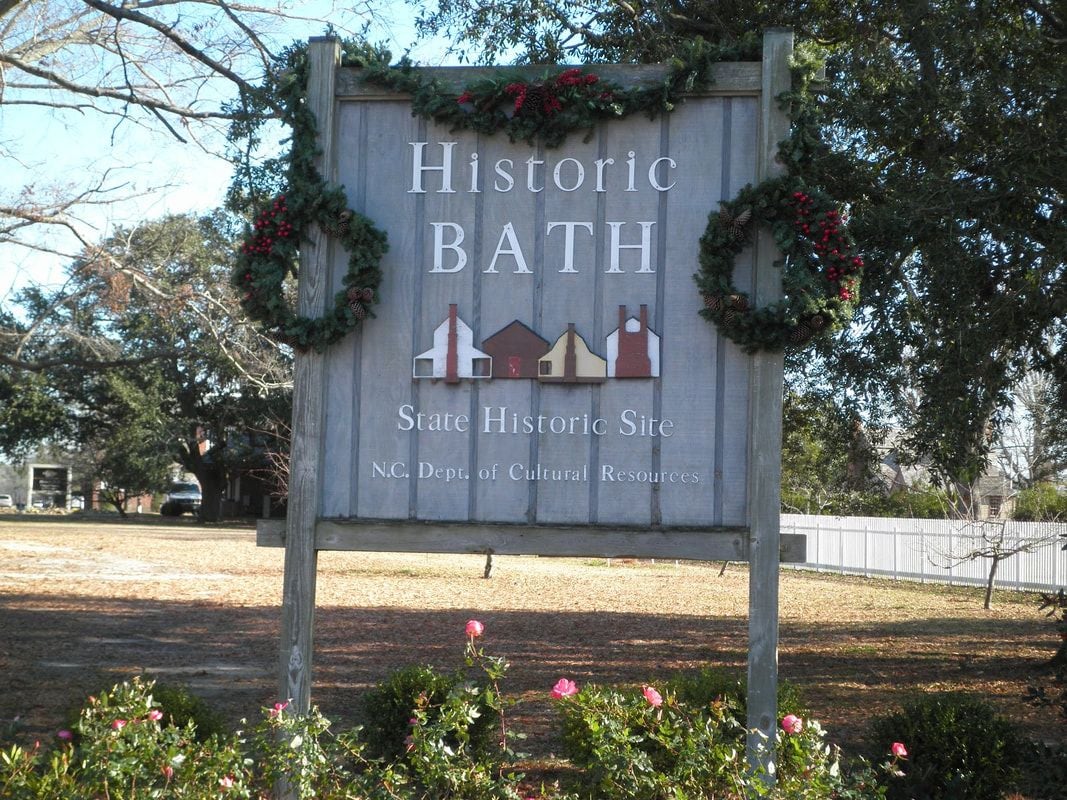‘Africa to Carolina’ examines legacy of slavery in NC
Published 1:54 am Saturday, February 23, 2019
BATH — A new history project focused on the legacy of the U.S. slave trade on eastern North Carolina is coming to Bath, and the Bath State Historic Site wants the public to be involved in telling the story.
There will be a public meeting held at 6 p.m. Tuesday at the Bath Visitor Center Auditorium discussing Bath’s role in the slave trade and the statewide “Africa to Carolina” project, led by the N.C. Department of Natural and Cultural Resources.
“Sadly, we don’t know a whole lot about Bath,” Bath State Historic Site Director Chris Umfleet said. “Because the original courthouse burned during the Colonial era, a lot of the original documentation of what was going on and what came in is gone.”
That loss of valuable historical evidence is pushing Umfleet and other historians working on the project to look in different directions for primary sources. Census data, deeds, property transfers, wills, ship manifests — all these sources will help reconstruct information such as population growth, movement from one area to another and the overall importance of the African-American population in the development of the state.
“That complete picture will go from the earliest known free blacks or enslaved Africans to the modern day, and how our demographics, population and economic base has changed,” Umfleet said.
Adding to the rich tapestry of eastern North Carolina’s documented past, local family histories will also play an important role in making the project successful, especially those of African-American families.
“There may be someone sitting on some family history that would blow the information we already have out of the water and add to a more complete story,” Umfleet said. “We don’t want to be just a centralist, white, colonial historical center. We want to be encompassing of all demographics and tell the entire story for the region and the area.”
While slavery is remembered today as one of the United States’ greatest sins, Umfleet says the pre-emancipation story of the African-American community goes well beyond the historical tropes of agricultural, industrial and domestic servitude. The real story is one of a population that was, and remains, fully engaged in shaping North Carolina into the state it is today.
“Nobody likes to talk about the controversial history, but we are at a point now where it is more important to find out the reality of our history as a state and how we fit into the birth of our country than it is to ignore the bad stuff that happened,” Umfleet said. “To think that there were no enslaved persons being brought in, sold or transported into eastern North Carolina would be ignorant on our part — to think we didn’t have any footprint.”
For more information on the NCDNCR, and its projects throughout the state, visit www.ncdcr.gov.






